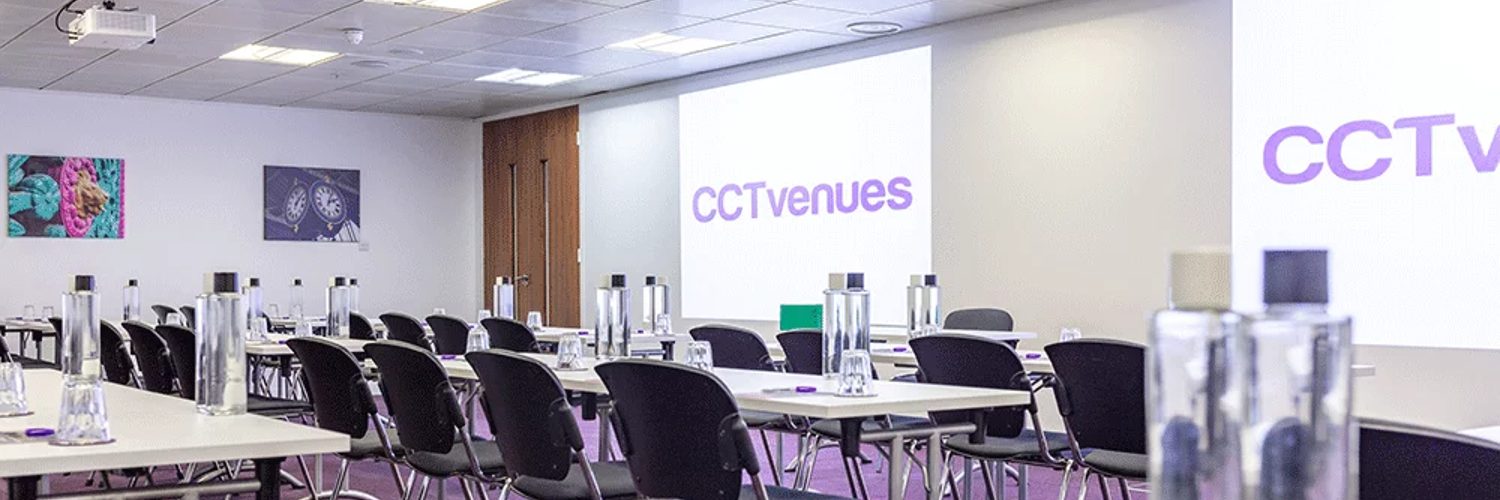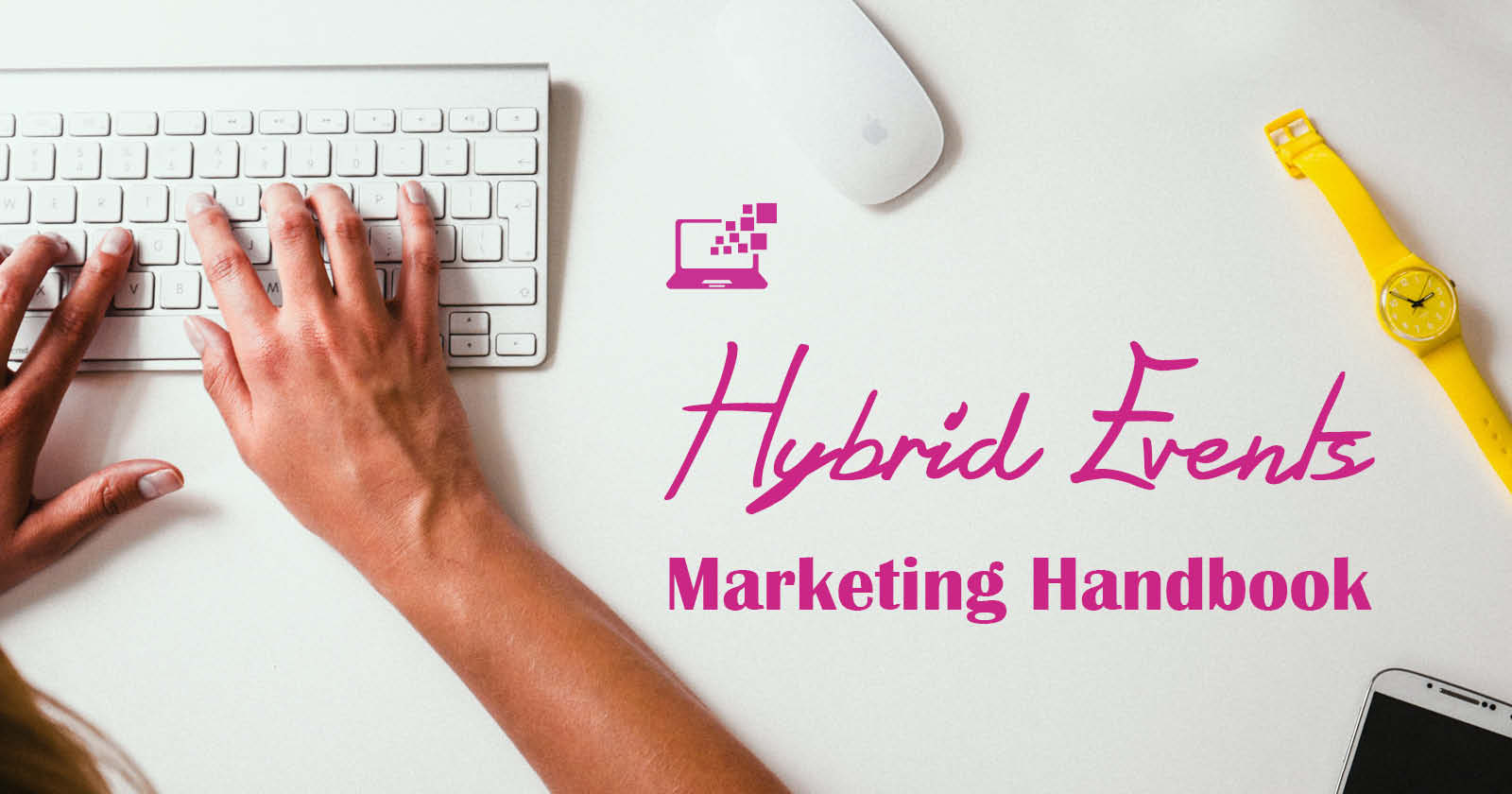How to Promote a Hybrid Event

Running an event is one thing - getting people to actually show up is another. Luckily, with our Virtual & Hybrid Event Marketing Handbook, you'll learn the creative strategies top organisers use to get people to sign-up to their event and become engaged attendees.
Our Hybrid Event Marketing Handbook

One of the main benefits of running a hybrid event is that you can have a global audience and an unlimited amount of attendees, without adding any extra costs. But there’s a catch: this potential only becomes reality if you promote your hybrid event successfully. After all, nobody will attend if they don’t know it’s happening!
Since every organiser’s budget looks different, we’ll kick off with organic (free) ways to get your hybrid event noticed. Then, for those ready to take it up another notch, we’ll explore paid promotion strategies that can really expand your reach and bring even more people into the conversation.
Search Engine Optimisation
When done well, search engine optimisation (SEO) is one of the most effective ways to maximise the reach of your event. Instead of relying solely on ads or word of mouth, SEO allows you to tap into a pool of people who are already searching online for exactly what your event offers. These are warm leads – people actively looking for solutions, insights, or experiences related to your topic.
To get started, put yourself in your audience’s shoes. What would they type into Google when looking for an event like yours? These search terms – often called keywords – should shape how you present your event online. Consider something searchable and descriptive, such as “How to Give a Great Presentation and Keep Your Audience Engaged.” Longer, more specific phrasing (known as a long-tail keyword) not only makes your event stand out but also improves your chances of appearing higher in search results.
Social Media
Add your event as a Facebook event and a LinkedIn event. Facebook has a very broad demographic, so it makes it a great platform to attract a wide range of attendees. Users will be able to share your event directly with their friends and Facebook will also suggest your event to people if they think it is going to be relevant to them, so make sure you include a good description of what your event is about. You can even stream your event directly on Facebook using Facebook Live and can charge for the tickets if you are monetising your event.
For more corporate focused events, LinkedIn is a great way to attract professional attendees. Similar to Facebook, you can also host your event live on your LinkedIn page. The recording of the event will be saved in your page’s video tab for later viewing, thus increasing longevity.
Why not offer your attendees a chance to win a gift (perhaps a free one-on-one session with the event speaker or a free sample of your products) by sharing the fact they are attending your event with their network? People are more likely to see the value of attending an event if someone in their network is also attending. It shouldn’t cost you a lot and is potentially never ending in terms of maximising reach.
As well as adding your event to social media platforms, make sure you promote the event on the platforms too. Good things to mention would be announcing the speakers, announcing the content, counting down to your event to create a buzz and drip-feeding enticing snippets, key findings and key points from your event.
Finally, make sure you engage in conversations on social media. For example, if people are discussing how to give a good presentation, don’t be afraid to join the conversation and mention the fact you have an upcoming online event dealing with this exact topic. Don’t forget to look for pages and groups that relate to your topic too, you know for a fact that all of the members within them are interested in your topic.
Sending out invitations to your event via email can be one of the most effective ways of getting attendees. If you already have a mailing list, those on the list are likely to already know and trust you and should be an easier win than those you are reaching for the first time.
Make sure your email gets straight to the point with the value proposition (a short summary that explains why the recipient should attend your event). If possible, a great way to give what you’re saying some authority is by including testimonials from people that have attended your previous events. Once you’ve sent the initial invite, continue to promote your event via email, mirroring similar communications to your social media activity.
PR Outreach
This won’t be relevant for all types of events, but if your hybrid event is the first of its kind, is about something that’s very topical or you think there is a good associated PR angle, it is worth drafting a press release and sending it to relevant industry publications. If your event gets picked up then it will do wonders for drumming up awareness of your event. If you don’t currently have a list of PR contacts, you’ll be surprised by how many you can gather simply by conducting some online searches.
Pay Per Click
We mentioned organic SEO earlier in this post, but depending on what your event is about or the industry you are situated in, it may be highly completive with hundreds of companies trying to rank for the same terms. This is where pay per click advertising comes in handy. You can essentially pay the search engine to rank your page above others that are trying to rank for the same terms.
It may sound costly, but you can set how much you’re willing to bid for each term and how much you’re willing to spend each day, and as it says on the tin, you only get charged for clicks rather than impressions. You can also target your ads based on location, demographics and other metrics. Google Ads and Microsoft Ads give you the ability to add a countdown to your event on your ads, making them stand out even more.
Social Media Promotion
Similar to the issues with organic SEO, not all of your social media followers will see and share your posts. However, you can leverage paid social ads to retarget your followers and to feature on the feeds of people that don’t follow you. There is a wide range of targeting options to choose from so you can ensure that your ads are reaching the relevant people.
Influencers are a great way to reach an already engaged audience. Identify influencers within your industry or influencers interested in your event topic and reach out to them. They may ask for payment in order to promote your event, but if they think it will be well received by their followers, they may promote it for free. Alternatively, if you have a large following yourself, offer to promote them in return. Micro-influencers are perceived as more authentic than larger-scale influencers and are actually 6.7 times more efficient in terms of engagement. They are also much more affordable to work with.
Good luck on promoting your event!
We hope this article gave you some tips for hybrid events and a good base, but it’s important to remember it is not a one size fits all. Pick the channels and methods that are most relevant for you based on your budget, industry and target audience. Keep track of how your hybrid event marketing activity is performing and use these insights to tailor and improve your marketing campaign going forward.
Above all, don’t give up and keep promoting your event up until the day it is taking place. According to Eventbrite, 14% of registrations to online events take place in the 24 hours leading up to it, this is twice as much as in-person events.
Let's start planning
If you are still planning your hybrid event, get in touch, we’re happy to help! We also offer hybrid event packages which makes it a lot more cost effective compared to hiring equipment individually. If your hybrid event requirements are quite complex, we’ll work with you to create a bespoke package and we’ll be there to guide you through the journey every step of the way.
Plan Your Hybrid Event